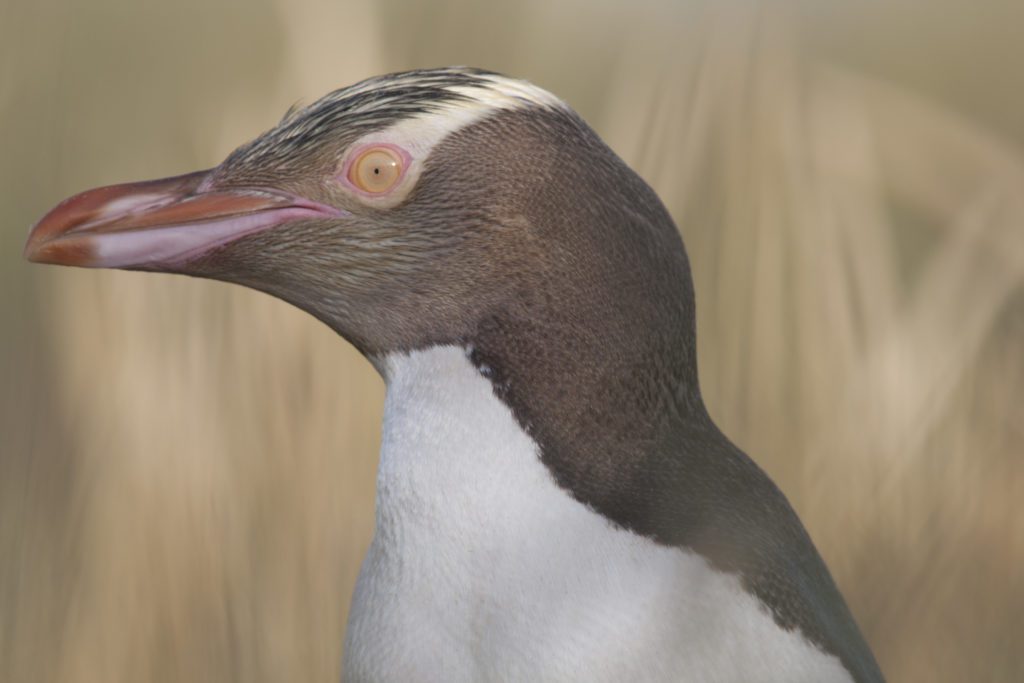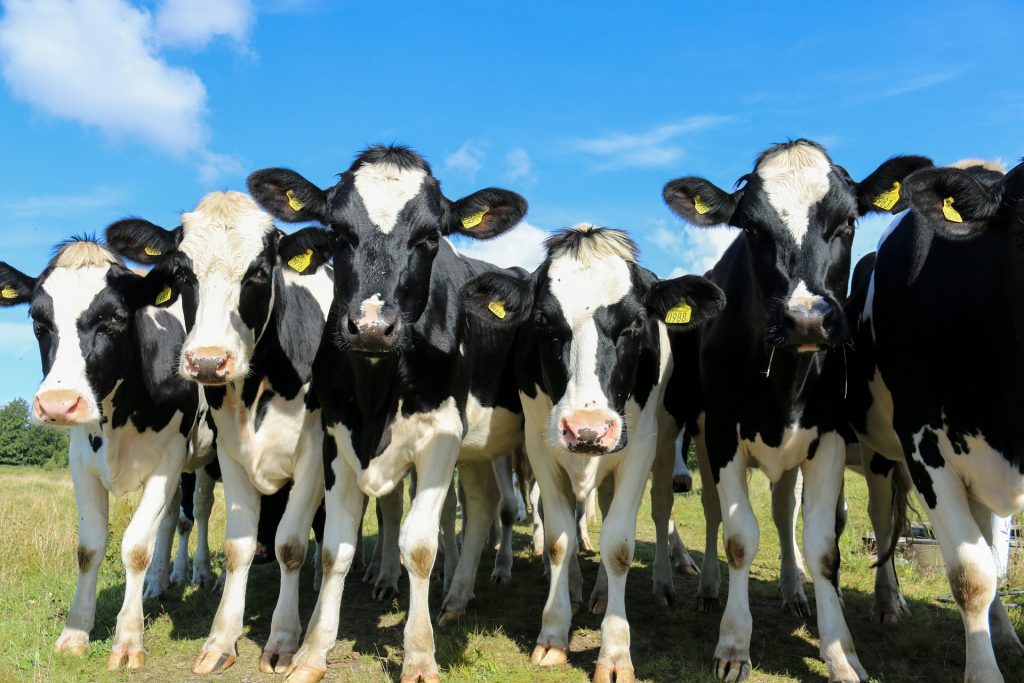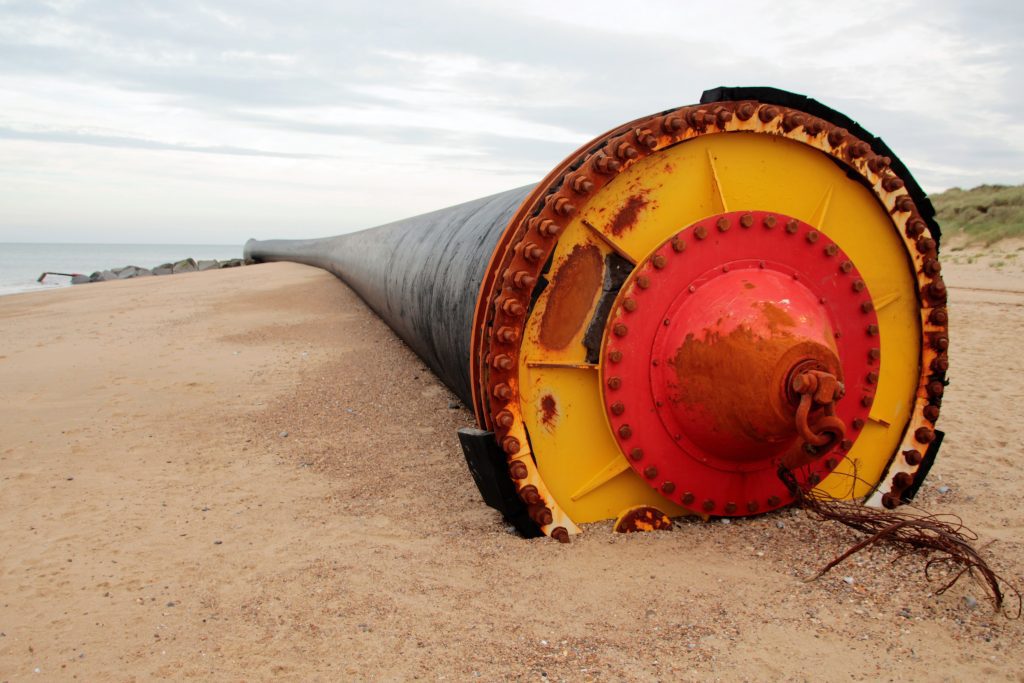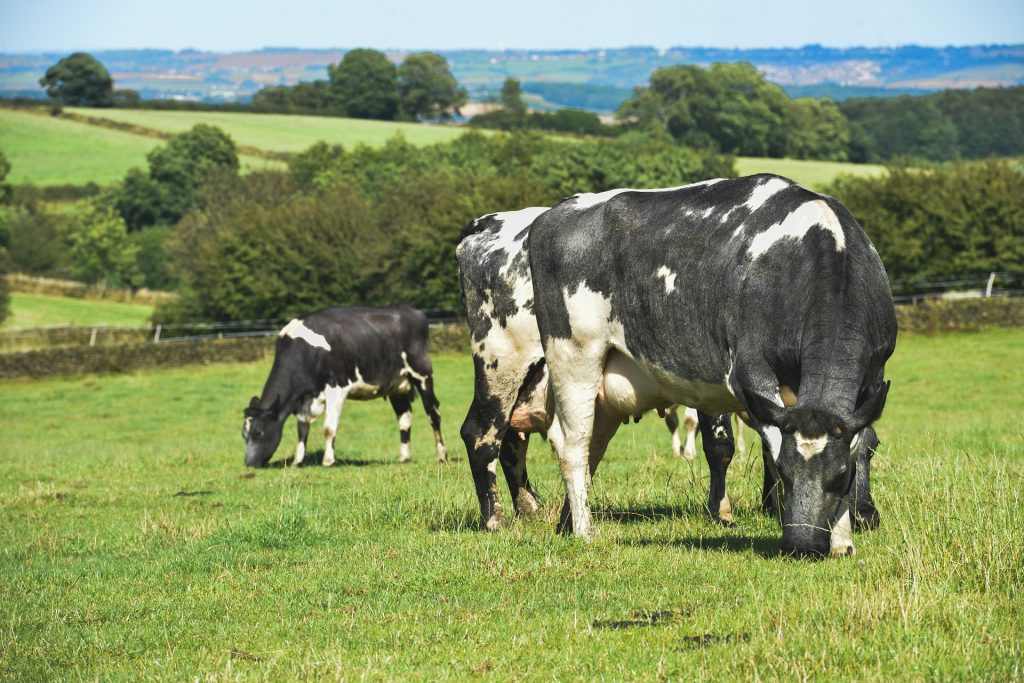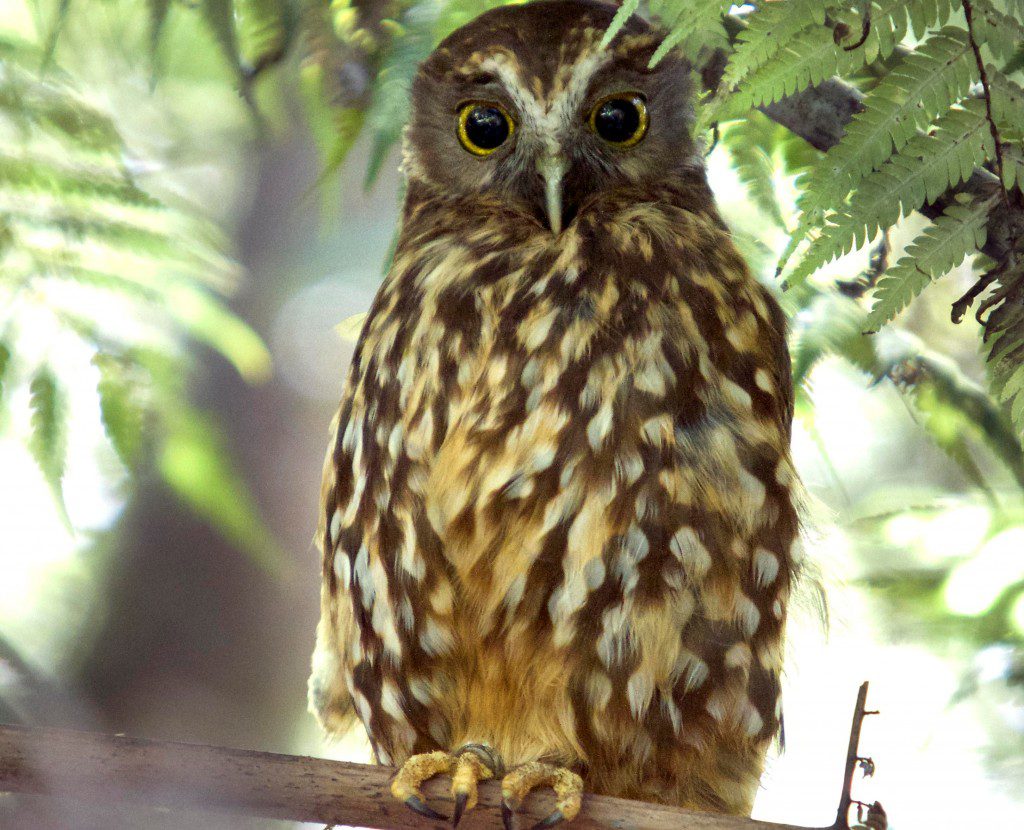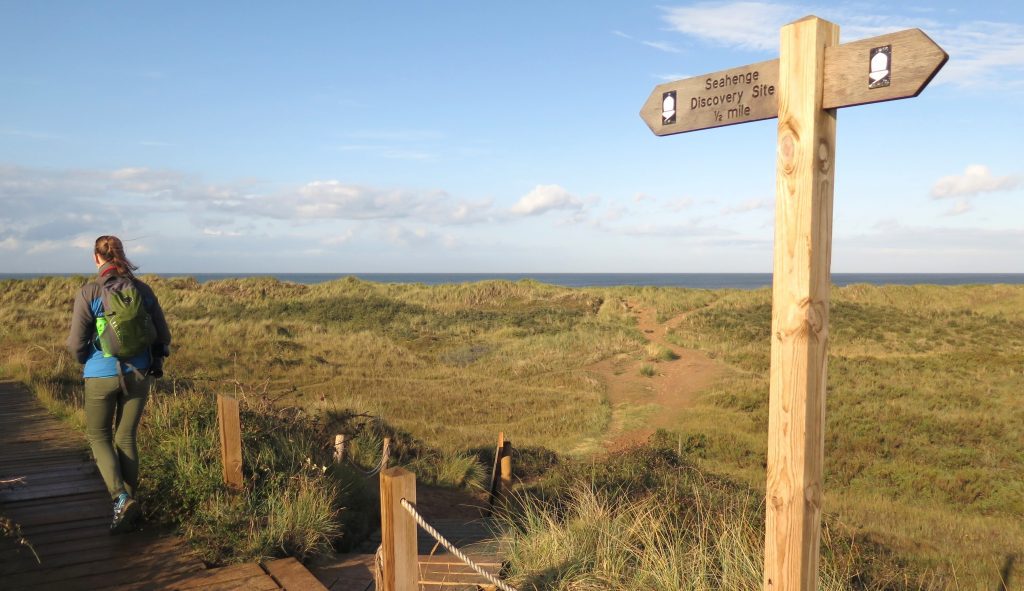
Nature conservation is an uphill challenge as human-induced climate change and the way we manage land degrades wild habitats and disrupts wildlife migration, breeding and feeding patterns. Now nature conservation could face another human activity issue in terms of the Right to Roam campaign. Their goal of “free, fair and informed access to nature throughout England” came a step closer when the Labour Party pledged to introduce a Scottish-style right-to-roam law in England. But while we might welcome the freedom to access nature regardless of wealth, how do we balance people’s health and recreational needs with nature’s health and survival?

